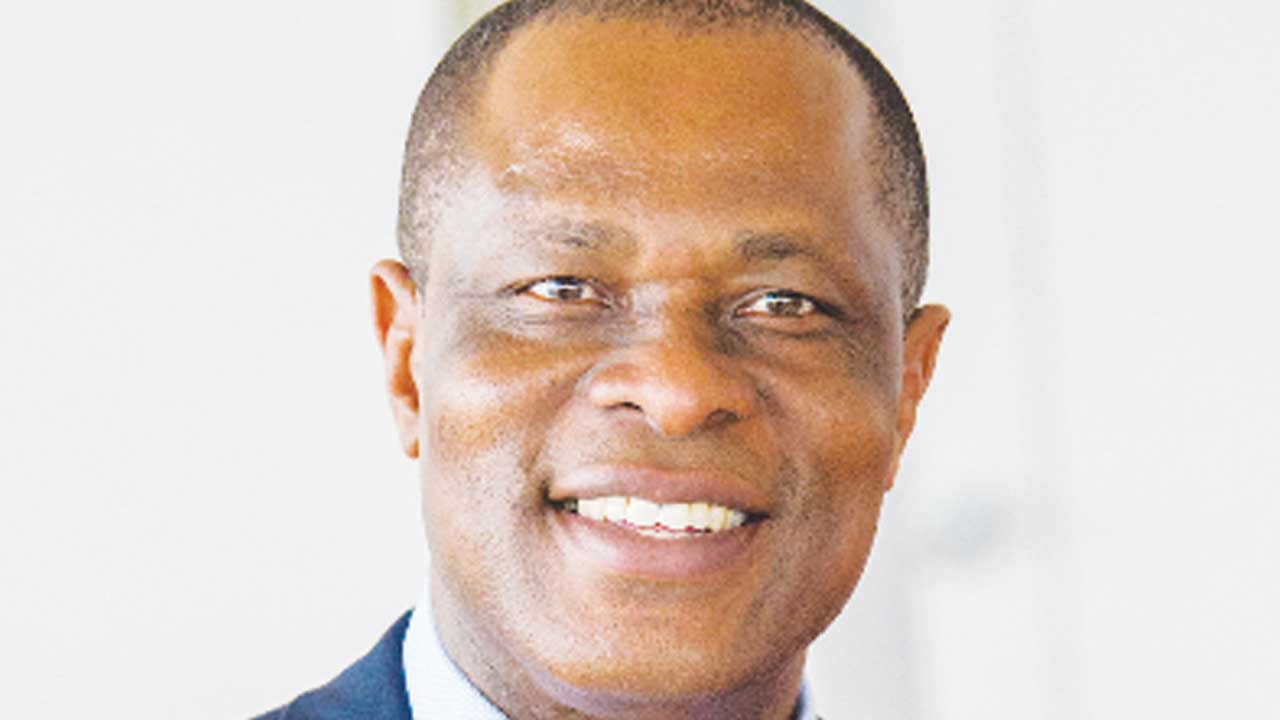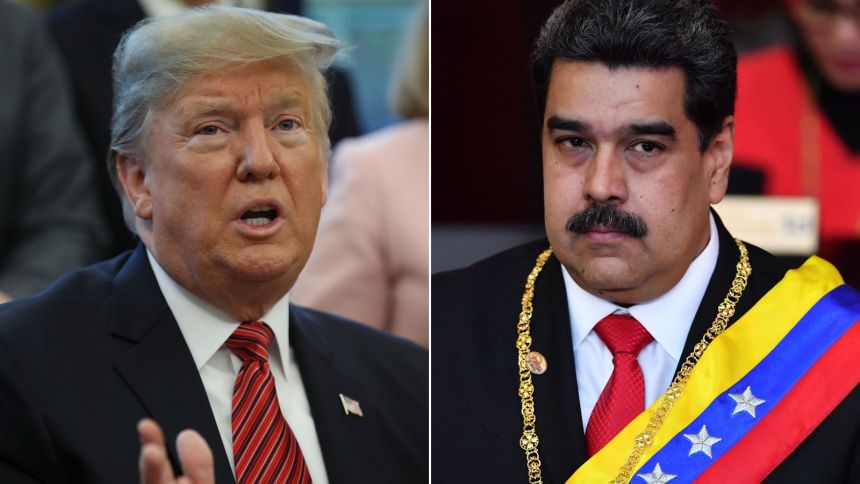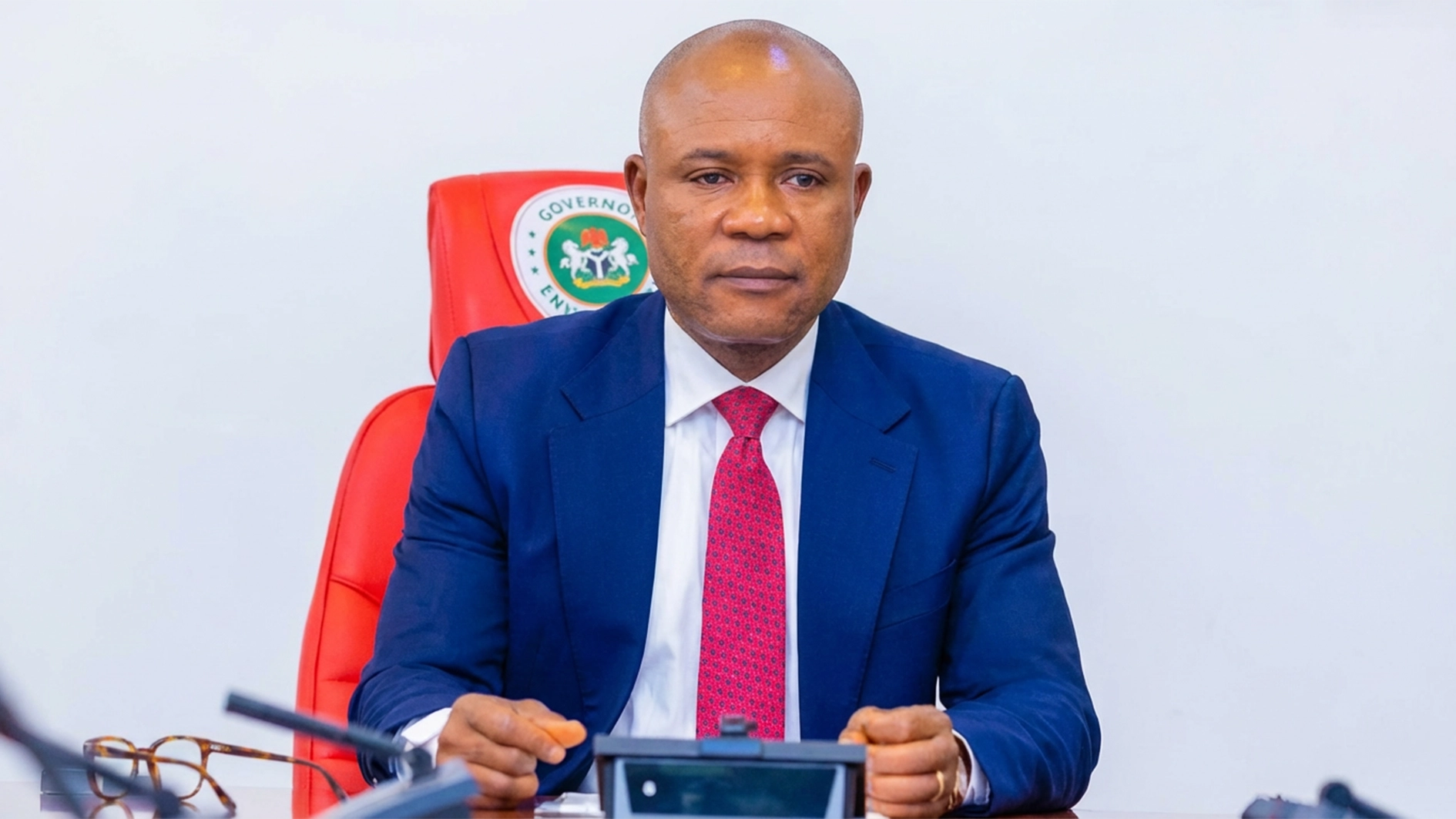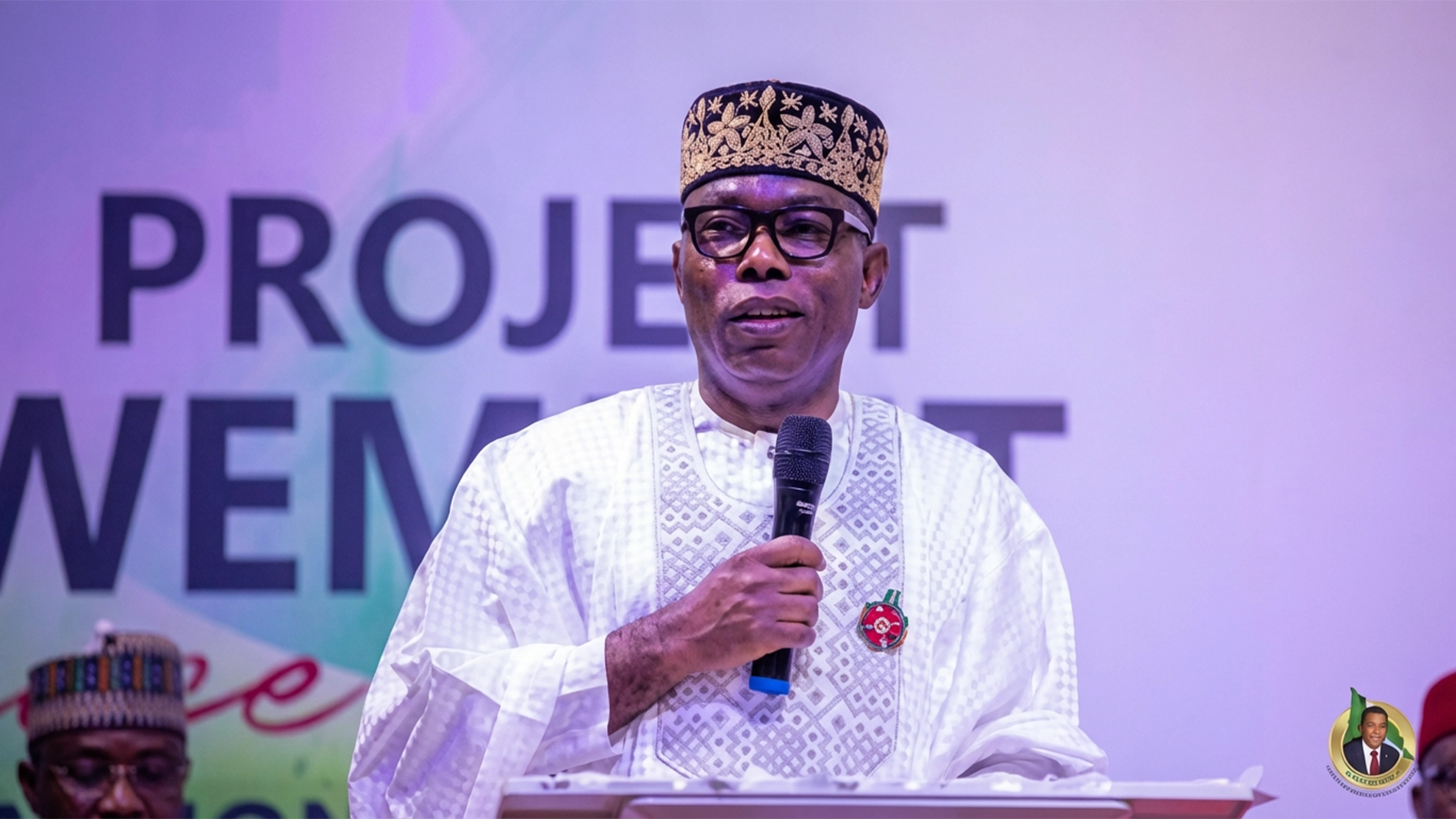
At a conference on social sciences and sustainable development, scholars proffer solutions to issues of underdevelopment in Nigeria and other African countries, Kehinde Olatunji reports.
Democratisation, electoral politics and conflict resolution have been identified as necessary measures to stabilise the economic and policy environment, as well as reduce poverty.
This was the submission at the fifth Faculty of Social Sciences yearly international conference, tagged: ‘Social Sciences and sustainable development in Africa’ held at Lagos State University (LASU).
Lead Speaker, Professor of Political Science, University of California Riverside, USA, Prof. Kelechi Kalu, stated that African states lack the capacity or willingness to implement policies that would result in meeting the Sustainable Development Goals (SDGs) targets by 2030.
He said the drafters drew from an old playbook, which advocated free market policy as a path to economic development, wealth creation and poverty alleviation.
The don added that the SDGs were designed to constantly have African countries ‘chasing their tails (pun intended)’ by collecting data and attempting to make sense that data with little time devoted to understanding how best to help people who need access to economic opportunities, affordable healthcare services, clean water, good roads, cooking fuel and above all, surviving in an insecurity infested environment.
Kalu argued that there is no evidence that the policy has worked in any country, he, therefore, advocated a community-based approach to improve the lives of Africans.
He said: “That African States lack the capacity or willingness to implement policies that will result in meeting the SDGs targets by 2030 is not lost on Western-backed international institutions, whose interests are not really in poverty eradication but the maintenance of a capitalist international economic system because it serves Western economic and political interest.
He maintained that while he is not opposed to the United Nations 2030 agenda for sustainable development with its 17 sustainable development goals that are believed to offer a unique framework for deepening efforts to improve the human condition, globally but especially in the global south, he contends that the SDGs, even if the goals are met, do not address core issues of policy and community autonomy for transforming the lives of Africans, whose community in contrast to individual-oriented value systems seek harmony that is inconsistent with the free market exploitation logic.
“Structurally, governance deals with the specific functions and responsibilities of different machinery of government or institutions within a given society and or/state. Contemporary global governance is characterised by a system of multi-layered authority and policy-making in such contexts as the United Nations, the European Union, states, communities and individual units such as families.
“Consequently, a basic perspective of sustainable development goals as a universal project aimed at homogenising policies of governance based on liberal democracy and free market economy is ubiquitous, especially in international institutions in their guidance of non-western states on the ‘right approach’ to development.
“Thus, the seeming ideological triumph of liberal capitalism over communism in the 20th century is one of subconscious acceptance of the ideals of liberalism over other ideologies by most people, an effort to analyse the post-cold-war era western induced-materialist tastes as a universal normative success, which continues to relegate African states to the role of exporters of primary products.
“Within this context, as consumers of imports and without control of the value of their currencies, and therefore economic development policies, African states remain unable to create an enabling environment for entrepreneurial activities to expand their economies to help the masses transition from abject poverty to sustainable existence.
“And unfortunately, in the ‘realm of consciousness,’ SDGs are widely promoted by western intellectuals, governments and institutions and their acceptance by African governments is sealed in the Common African Position (cap)-albeit, without the resources and capacities for effective implementation of the SDGs.”
Kalu added that a local based-solution approach should be understood and used to solve challenges facing Africa.
“Without such local action based on a constructive understanding of global frameworks, demands and actions by external institutions are like
“Such awareness will fundamentally reinforce specific African cultural values for resolving socio-political problems, consolidate nascent democracies, and build strong communities across the continent within a contemporary civil societal framework consistent with pre-colonial age group, first daughter, market women, and secret society politics of earlier African social formations.”

The keynote speaker, Prof. Kingsley Agomor of the Ghana Institute of Management and Public Administration (GIMPA), stated that the need for 21st century Africa to achieve sustainable development has become urgent and compelling.
He lamented that despite abundance in natural resources including gold, crude oil, manganese, timber, bauxite and many others, Africa continues to trail the rest of the world in all aspects of Human Development Indices (HDIs) such as education, healthcare, decent employment, infrastructural amenities, food security, technological progress, peace and security and many others.
Agomor, however, said development is everybody’s business, adding that alleviating poverty is the most important thing that government and stakeholders must collaboratively address to facilitate growth.
“Africa must begin to ask and work internally on questions such as, “how do we come out of poverty? What do we do to alleviate poverty? How do we develop ourselves? These are issues of sustainable development goals.”
He said it is instructive to note that despite broad recognition of the value of social sciences and increasingly vocal calls for better engagement with sustainable development of human societies, the role of social Sciences remains misunderstood and underutilised in practice.
Agomor said though social scientists have been involved in the public debate on sustainability right from the start, social sciences until now have not developed their full potential within the new field of research.
“There is a deep gap, cutting across social sciences themselves. Innovative sites of research have emerged mainly outside academe.
“It must be emphasised that social sciences are important fields of knowledge whose researchers, academics, thinkers and scholars can help in rescuing Africa from underdevelopment and placing it on the path of sustainable development.”
“However, it is instructive to note that despite broad recognition of the value of social sciences and increasingly vocal calls for better engagement with sustainable development of human societies, the role of social Sciences remains misunderstood and underutilised in practice.
“Although social scientists have been involved in the public debate on sustainability right from the start, social sciences until now have not developed their full potential within the new field of research. There is a deep gap, cutting across social sciences themselves. Innovative sites of research have emerged mainly outside academe.”

Chairman, Local Organising Committee, Prof. Sylvester Odion Akhaine, raised the need to question the rationale of the SDGs, based on the fact that colonial masters formulated them.
“I would like to say that the question on development has remained permanent in the academic discussion, not only in Africa, but also, across the world. But the position of Africa makes it imperative that we continue to interrogate the question of development in Africa. We chose the theme, as we were aware that we have just seven years left until the end of SDGs.
“For us as social scientists, we must figure out what is wrong with these policies because they are articulated based on global collectives like the United Nations playing a leading role.
“But these policies are theoretically neutral. Is it the perpetuation of hegemonic regimes of the global forces, because our continent was colonised, enslaved? And when we see these policies that are imposed through agencies of global governance, we have to look out, and interrogate the contents to the extent they affect us as a people, and as a continent.
“We are talking about sustainable development, how is it current today? Because the core question is to deal with poverty, just like the millennium development goals, MDGs.
“But this time, we have to harness global resources in ways that are manageable not only for the current generation but for the future also.
“So, for us as social scientists who interpret the social world, we have to interrogate these goals to the extent that they affect us and how we can transform or transcend the conversations that are imbibed, of perpetual crises of development that we encounter on the continent.
He said Africa’s condition makes it more important to continually interrogate the question of development on the continent.
He noted that it is critical for social scientists to investigate what accounted for failure of policies such as Millennium Development Goals (MDGs) and what the obstacles to the realisation of the SDGs in Africa are.
Akhaine implored the continent to look inwards for a solution to eradicate poverty and harness resources in ways that are manageable, both for the present and future generations.

LASU Vice Chancellor, Prof. Ibiyemi Olatunji-Bello, represented by Deputy Vice Chancellor (Academics), Prof. Olufunsho Abayomi, said the underpinning issues in SDGs, which include poverty, quality education and gender inequality, could only be addressed by a deliberate effort to advance the frontiers of knowledge, research and programmes.
“The unpinning issues in SDGs, including poverty, health, quality education and gender equality have been challenges in Africa for ages, which can only be remedied by continuing to advance the frontiers of knowledge through research and programmes like this.
Acting Dean, Faculty of Social Sciences, Prof. Olufemi Lawal, said the theme speaks volumes about the social challenges in Africa, adding that it is not unusual for the public to look up to social scientists based on their numerous research in several fields such as economic, geography, psychology, political science and sociology for sustainable solutions.
He, thus, appealed to participants to contribute more to the body of knowledge at the conference to transform the nation and the continent.
In his remarks, chairman of the event and former Vice Chancellor of Federal University, Oye-Ekiti (FUOYE), Ekiti State, Prof. Kayode Soremekun, called for synergy between the academics and policymakers to accelerate development.






